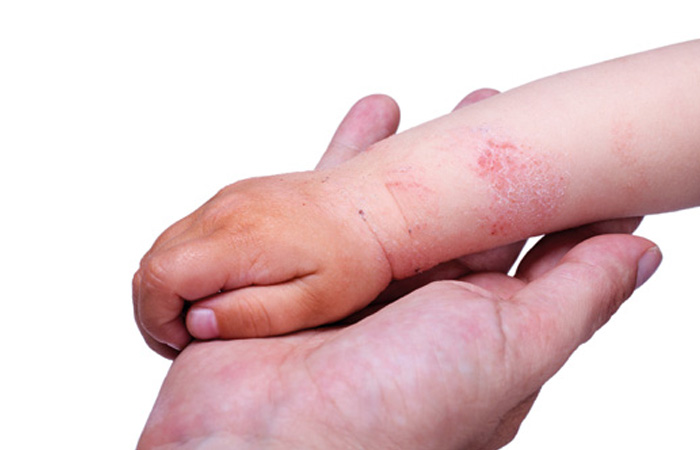A chronic, inflammatory, itchy skin condition that follows a relapsing and remitting course, atopic eczema is thought to result from a gene-environment interaction. Genetic changes lead to a weakened skin barrier that is more susceptible to the damaging effects of irritants and allergens encountered in everyday living.
Mild and mild-moderate atopic eczema is managed in primary care, mainly using emollients and intermittent steroids and/or a topical calcineurin inhibitor. A stepped care approach is recommended, which involves matching the intensity of treatment to the severity of disease, and then stepping up or down as required.
Patient education is critical for ensuring the most effective use of treatments. Supporting parents/carers to monitor their child's skin condition, recognise flares and complications and take appropriate action when required are all important aspects of effective pharmaceutical care.
Very severe atopic eczema is managed in secondary care with immunomodulators and/or monoclonal antibodies to target the inflammatory process.

